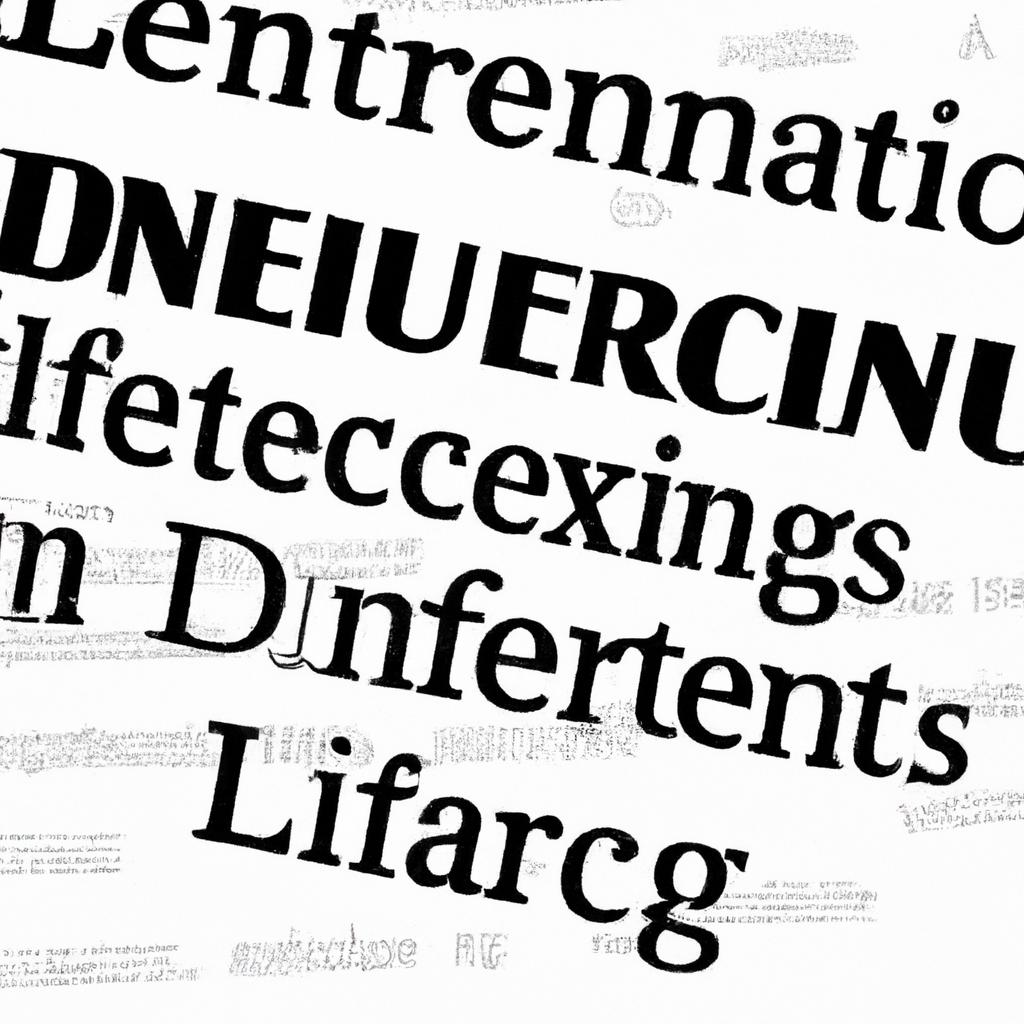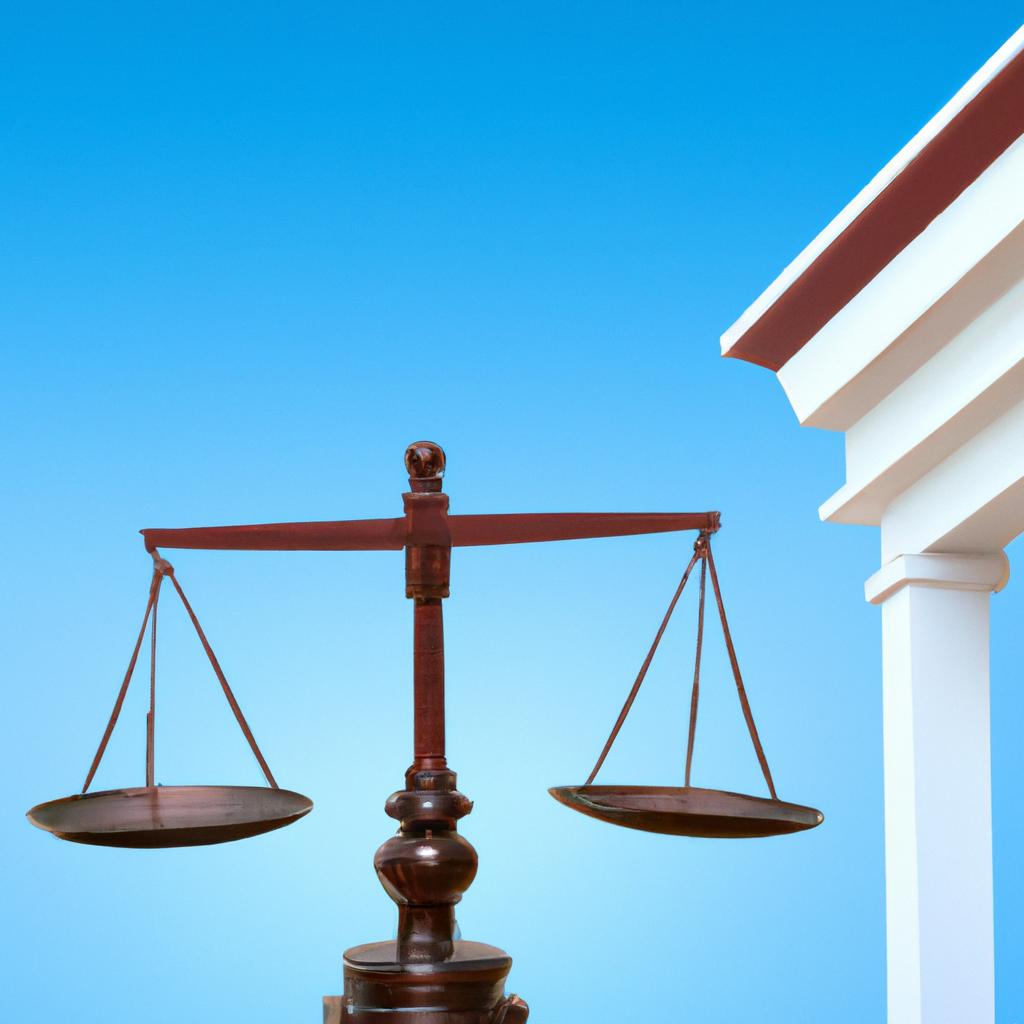Losing a loved one is a deeply emotional and challenging experience that can leave individuals feeling overwhelmed and unsure of what steps to take next. In times of grief, navigating the legal and administrative responsibilities that come with the passing of a family member can be daunting. As experienced legal professionals at Morgan Legal Group in New York City, we understand the complexities involved in handling the affairs of a deceased loved one. In this article, we will discuss important things to consider and do after a loved one dies, providing guidance and support during this difficult time.
Navigating the Estate Planning Process in the Aftermath of a Loss
Once a loved one passes away, it can be overwhelming to navigate the estate planning process. To ensure that everything is handled properly, there are several important steps to take:
- Locate important documents: Start by gathering important documents such as the will, insurance policies, financial statements, and any other legal documents.
- Notify relevant parties: Notify banks, insurance companies, creditors, and any other relevant parties about the passing of your loved one.
- Consult with an estate planning attorney: It is crucial to seek guidance from an experienced estate planning attorney to help you navigate the complex legal processes.
During this difficult time, it is important to lean on the support of professionals who can help you make informed decisions. At Morgan Legal Group, our team of experts is here to assist you every step of the way.

Key Steps to Take When Handling Probate and Executor Duties
One of the first steps to take after a loved one passes away is to locate their will. This important document will outline their wishes for the distribution of their assets and the appointment of an executor. If the deceased did not have a will, you will need to petition the court to appoint an administrator to handle their estate.
- Locate the will or petition the court for an administrator
- Identify and inventory the deceased’s assets
- Notify beneficiaries and creditors of the death
Once you have identified and inventoried the deceased’s assets, you will need to appraise their value. This will help you determine the estate’s overall worth and assess any potential tax liabilities. It is also important to open an estate bank account to manage any incoming funds or make payments on behalf of the estate.
- Appraise the deceased’s assets
- Open an estate bank account
- Pay off any outstanding debts and distribute assets according to the will

Understanding the Importance of Updating Legal Documents and Beneficiary Designations
Updating legal documents and beneficiary designations is a crucial step to take after the passing of a loved one. Failing to update these essential documents can lead to confusion, disputes, and unnecessary delays in the distribution of assets. As experienced attorneys at Morgan Legal Group in New York City, we understand the importance of keeping legal documents current to ensure that your wishes are carried out as intended.
When a loved one dies, there are several key actions to take regarding legal documents and beneficiary designations:
- Review Wills and Trusts: It is important to review the deceased’s Will and any trust documents to ensure that they accurately reflect their wishes.
- Update Beneficiary Designations: Don’t forget to update beneficiary designations on life insurance policies, retirement accounts, and other assets to avoid unintended consequences.
- Consult with an Attorney: Seek guidance from an experienced attorney to navigate the legal process and ensure that all necessary documents are updated correctly.

Seeking Legal Advice and Emotionally Supporting Family Members in Times of Grief
When a loved one passes away, it can be an overwhelming and emotional time for family members. As you navigate through the process of grieving, it is important to seek legal advice to ensure that your loved one’s wishes are carried out properly. Consulting with a trusted attorney can help you understand the legal steps that need to be taken, such as probate and estate administration.
Additionally, offering emotional support to family members during this difficult time is crucial. Encouraging open communication, providing a listening ear, and promoting self-care are all important ways to support one another. Remember, seeking professional help from a therapist or counselor can also be beneficial in processing grief and loss.
Q&A
Q: What practical steps should I take after a loved one passes away?
A: Contact a funeral home to make arrangements, notify close family and friends, and gather important documents such as their will and insurance policies.
Q: How can I cope with the emotional impact of losing a loved one?
A: Seek support from friends, family, or a counselor, allow yourself to grieve in your own way, and consider participating in activities that bring you comfort and solace.
Q: What should I do with my loved one’s belongings after they have passed?
A: Take your time to go through their belongings and decide what to keep, donate, or discard. Consider holding onto sentimental items that hold special memories.
Q: How can I honor the memory of my loved one after they have passed?
A: Consider creating a memorial, planting a tree in their honor, or participating in a charity event or fundraiser in their name. You can also keep their memory alive by sharing stories and memories with others.
Q: Should I seek legal advice after my loved one has passed away?
A: It may be beneficial to consult with a lawyer to understand your rights and responsibilities, especially if you are responsible for handling their estate or making decisions about their assets.
To Conclude
In conclusion, losing a loved one is undoubtedly one of life’s greatest challenges. While the pain may never fully subside, there are practical steps you can take to navigate this difficult time. By honoring their memory, seeking support, and taking care of yourself, you can begin to find a path towards healing. Remember, grief is a journey unique to each individual, so be patient and kind to yourself as you move forward. May you find solace in the memories you shared and the love that will always endure.


